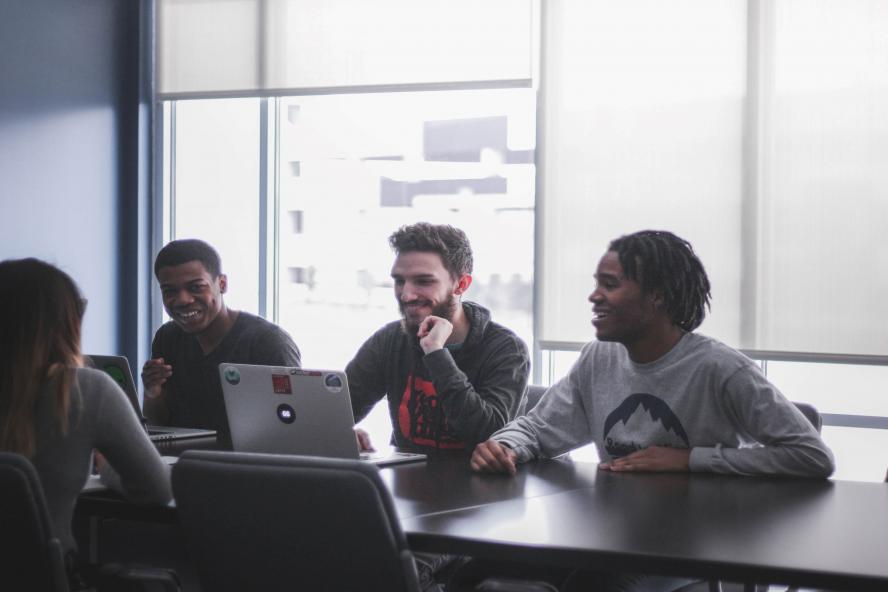Global Travel
Global Operations
Global Operations brings together experts in the areas of tax, purchasing, legal, human resources, and compliance to assess issues, provide advice, and reduce internal infrastructure barriers for University faculty and staff undertaking research, projects, or programs abroad.

Travel Review
The Tufts International Travel Policy requires students who will travel to a high-risk location to undergo a Travel Review. The goal of the review is to ensure that students have made all efforts to address and mitigate risks prior to travel and that any necessary safety and security measures have enacted.

Tufts Travel Registry
The Tufts Travel Registry is a confidential and secure database for maintaining key travel information and serves as the basis for the university’s international emergency response protocols and communication strategy for all Tufts affiliates conducting university-related international travel.

International Travel Assistance Program
Tufts is proud to offer comprehensive travel assistance and medical coverage that is available to anyone traveling internationally on a Tufts-related trip and registered with the Tufts Travel Registry.

International Health, Safety, and Security
As you prepare and plan for your international trip, browse the health, safety, and security pages to learn more about mitigating your risks and making your trip safe and productive.
